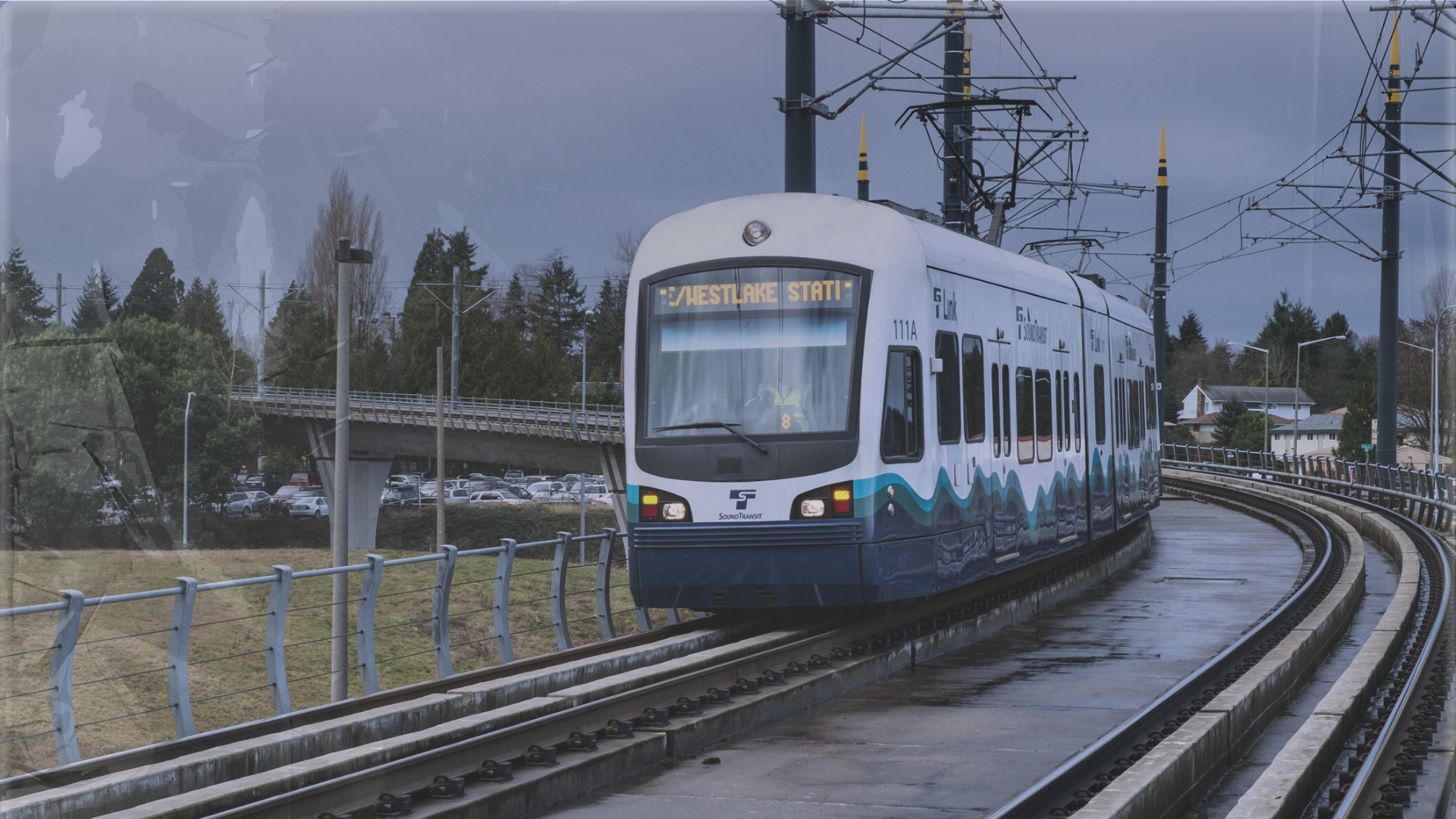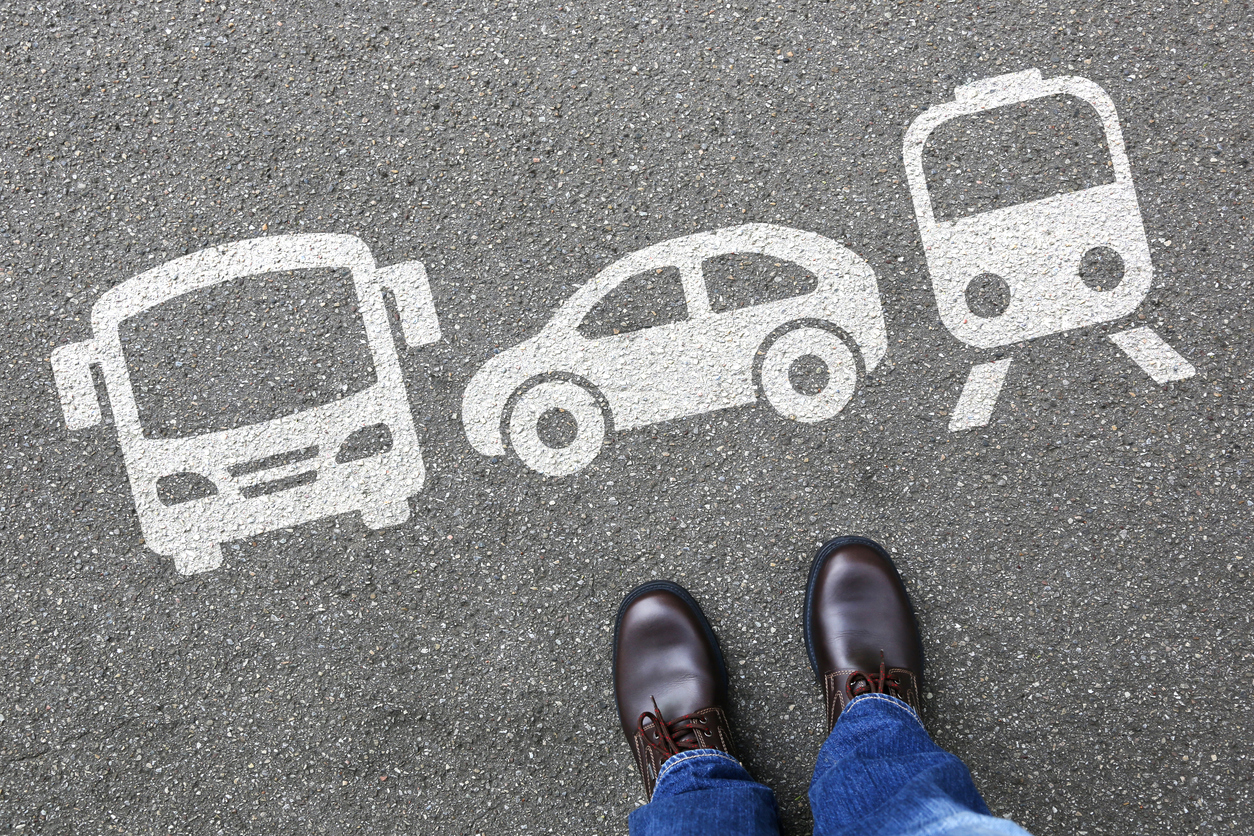I remember a time not too long ago when transit boosters were in a state of panic, lobbying the legislature to drop car tab relief legislation and for the Governor to veto it should it come to his desk.
House Bill 2201, supported by both House Republicans and Democrats two years in a row, was the most popular bill, even though it provided only a modicum of relief. Sound Transit officials currently overvalue vehicles in their taxing district to amass hundreds of millions of dollars for their rail program. Under House Bill 2201, Sound Transit would give back $780 million in revenue to overcharged drivers. Agency officials projected it could cost them up to $2.3 billion after borrowing costs, if the bill passed.
The response from Sound Transit and various transit boosters was shrill.
Seattle Subway, a nonprofit that promotes rail spending, issued an action alert in which they admonished that “cutting transit funding will, in 100% of cases, lead to less transit and to transit built more slowly.”
The Urbanist said it was clear “that Sound Transit’s contingency funds will not be able to absorb a cut initiated by the legislature.”
Transportation Choices Coalition said “transit is under attack at the federal and state level” and advocated that any loss in revenue to Sound Transit be backfilled by the legislature.
 Seattle City Councilmember Rob Johnson, who also sits on the Sound Transit Board, said car tab relief “creates a huge hole in our future capital program.”
Seattle City Councilmember Rob Johnson, who also sits on the Sound Transit Board, said car tab relief “creates a huge hole in our future capital program.”
During the legislative session, Sound Transit officials told anyone who would listen that not overvaluing cars to collect maximum tax revenue would be too difficult – even suggesting they would raid a promised education account for low-income, homeless and foster-care youth to protect their spending power.
To put that into perspective, those refunds would only constitute 1.3% of the rail agency’s projected $60 billion tax take over the next 25 years, a relatively small price to pay to help families – many of whom are now seeing record high property tax bills, higher sales taxes and bigger car tab fees.
But as Sound Transit has reminded us time and time again, tax relief is just too expensive for this agency:

Source: Sound Transit 2017 Financial Plan
What is not expensive, apparently, is building two light rail stations five blocks apart from each other in South Lake Union, with the extra station costing over half a billion dollars (or nearly the cost of aforementioned car tab relief).
Keep in mind - this is in an area where people are already encouraged to walk as well as ride bikes, buses and soon to be streetcar - and where traffic congestion is often thought of as a solution rather than a problem. If Seattle officials get their way, they may even ban cars from South Lake Union to make all of these “investments” work the way they envision they should.
Yet despite the price tag, Drew Johnson from Seattle Subway recently told The Seattle Times:
“There’s absolutely no reason to think we have to sacrifice anything. We can have everything." Seattle is one of the richest cities in the world’s richest nation, and a capital-gains tax or other progressive sources are available, Johnson said.”
Johnson's comment is reflective of what seems to be a pervasive disrespect in Seattle toward taxpayers. When it comes to spending other people’s money on transit, nothing is too expensive for Sound Transit or their supporters. When it comes to helping families, who are mere “sources,” it’s a financial crisis.
This double standard is visibly dishonest, stirring continued public outcry for tax relief, accountability, and fairness from Sound Transit.






